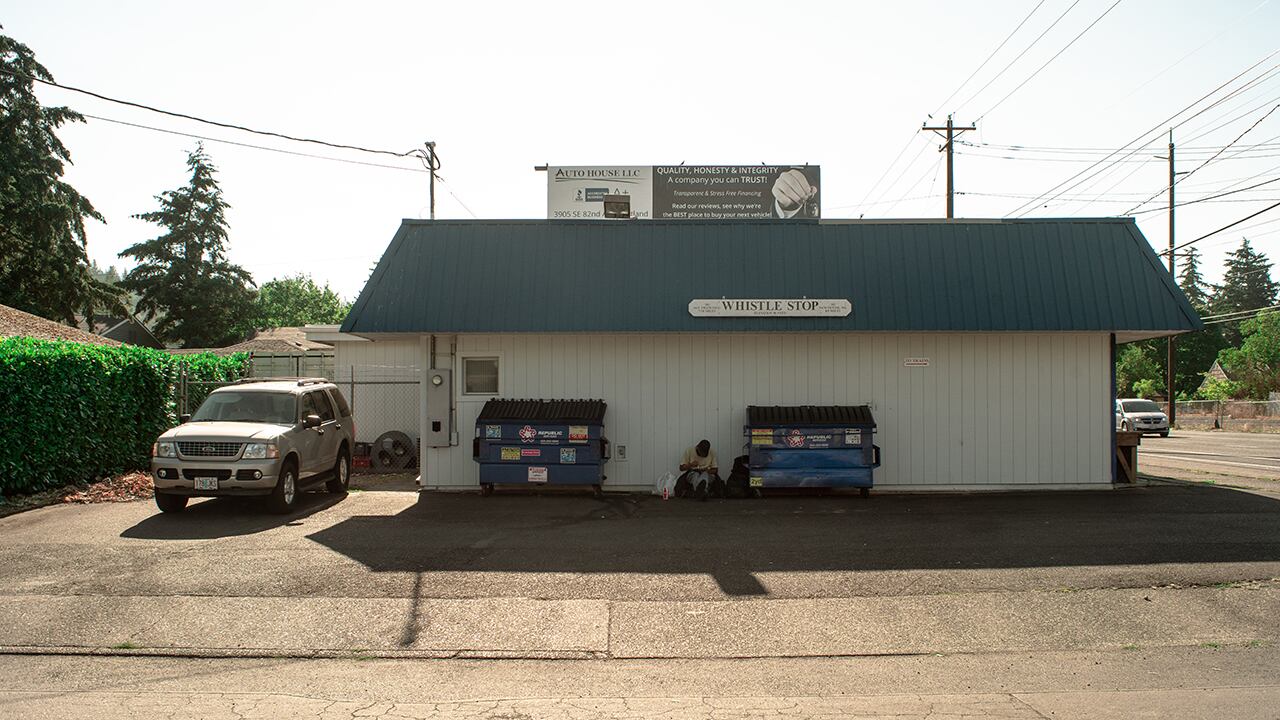On Jan. 10, two people attending a vigil were hit by gunfire in an apartment parking lot on Northeast 125th Avenue. The shooting was a continuation of an extraordinary hail of bullets that struck Portland last year: The city saw 890 shootings in 2020, more than double the 393 reported the year before.
But the double shooting last Sunday also reflected the 2020 trend because of where it happened: in the Portland Police Bureau's East Precinct.
The East Precinct, which covers Southeast 39th through 162nd avenues, accounted for nearly half the city's shootings last year, and they increased at a steeper rate than in Portland at large: from 187 in 2019 to 439 in 2020.
Last week, the Police Bureau released a map of 2020 shootings by neighborhood. The Hazelwood neighborhood, which runs along East Burnside Street east of 82nd Avenue and includes Mall 205, had the most: 79 reported cases. Compare that to neighborhoods like Grant Park and Reed, which had none.

"This is a complex topic for which there is no easy answer," says bureau spokesman Lt. Greg Pashley. "The PPB is interested in community input on this topic, not just for information after the fact, but we would like to hear from the community as to what their expectations are of the police regarding shooting violence, especially in light of the record number of shootings last year."
Brian Renauer, director of the Criminal Justice Policy Research Institute at Portland State University, says the disparity in violence has been developing for years, dating back to previous economic recessions.
"It's important to look at the downturn in the economy that occurred nationally," Renauer says. "The victims are concentrated in certain areas. Outer east county is where we find that concentration of poverty."
Renauer says many young people commit shootings—and as they lose jobs in a pandemic, they see no future for themselves. He says the solution to this disparity should not solely lie in the hands of the Portland Police Bureau.
"The best techniques nationally revolve around finding social networks and intervening, making outreach to potential next victims, and finding the right people to talk to them," Renauer says. "That becomes problematic when there's this lack of trust. We're not going to arrest our way out of it."

